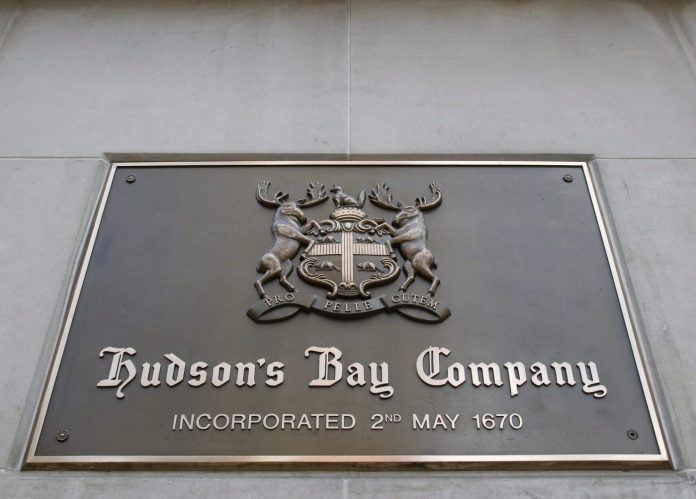In a move that is sending ripples through the cultural and historical communities of Canada, Hudson’s Bay Company, the nation’s oldest enterprise, is preparing to ask a court for permission to auction off its prized art collection, historical artifacts, and one of the most significant documents in the country’s colonial history—the original royal charter granted by King Charles II in 1670.
The request comes as the storied retailer begins the process of liquidating all its remaining stores, including six locations that had previously been spared. A motion filed last week seeks to separate these culturally important items from the company’s general assets, allowing for a targeted and potentially lucrative auction process.
According to the motion, Hudson’s Bay argues that an auction represents “the most transparent, fair and efficient approach” to unlocking the value of its vast art collection, while ensuring these historic pieces receive the expert care and consideration they require.
But the company’s plans have sparked alarm among archivists, museum officials, historians, and Indigenous leaders, who fear that irreplaceable artifacts may be lost to private collectors, far from public view or scholarly access.
Among those opposing the auction is Grand Chief Kyra Wilson of the Assembly of Manitoba Chiefs, who has formally requested the sale be halted. In court documents submitted this week, she emphasized the “profound cultural, spiritual, and historical significance” the items hold for First Nations communities.
The list of items under consideration for sale reportedly includes over 1,700 works of art and more than 2,700 artifacts. While the company has not released a detailed inventory, sources close to the process have indicated that the auction could feature items dating back to the mid-17th century—paintings, historical documents, point blankets, and even collectible Barbie dolls.
The most controversial item by far is the 355-year-old royal charter that not only founded Hudson’s Bay Company as a fur trading enterprise but also granted it control over a vast territory known as Rupert’s Land. The document served as the legal basis for the company’s quasi-governmental role in early Canada, including authority over trade, exploration, and relations with Indigenous peoples across much of the continent.
The proposed auction would be conducted by Heffel Gallery Ltd., a respected Canadian art house. However, the plan may be delayed by internal legal disputes over employee representation in the liquidation process.
Hudson’s Bay has proposed that the court appoint the firm Ursel Phillips Fellows Hopkinson LLP to represent the interests of its nearly 9,400 employees in matters related to termination and insolvency. The firm brings significant experience in such cases, having participated in high-profile insolvency proceedings involving Sears Canada, Nordstrom Canada, and Air Canada.
However, that appointment is facing resistance from another law firm, Koskie Minsky LLP, which has already been acting as a de facto representative for hundreds of current and former Hudson’s Bay employees. The firm argues that its clients “do not trust HBC to select another law firm” and want an independent legal expert to determine who should represent them.
Koskie Minsky has asked the court to appoint former Associate Chief Justice of Ontario, Douglas Cunningham, to evaluate and recommend a law firm suitable for representing staff interests in the case.
Neither Hudson’s Bay nor Ursel Phillips Fellows Hopkinson responded to requests for comment regarding the ongoing legal debate.
As Hudson’s Bay, a name long synonymous with Canada’s commercial and colonial history, prepares to close its doors permanently, the battle over its cultural legacy continues to escalate. Historians and Indigenous leaders warn that the decisions made in the coming weeks will have implications far beyond the retail sector—potentially rewriting the custodianship of Canadian heritage for generations to come.














